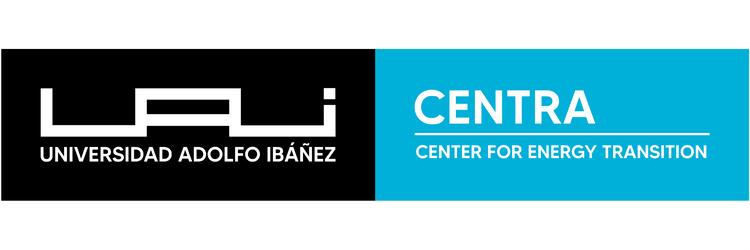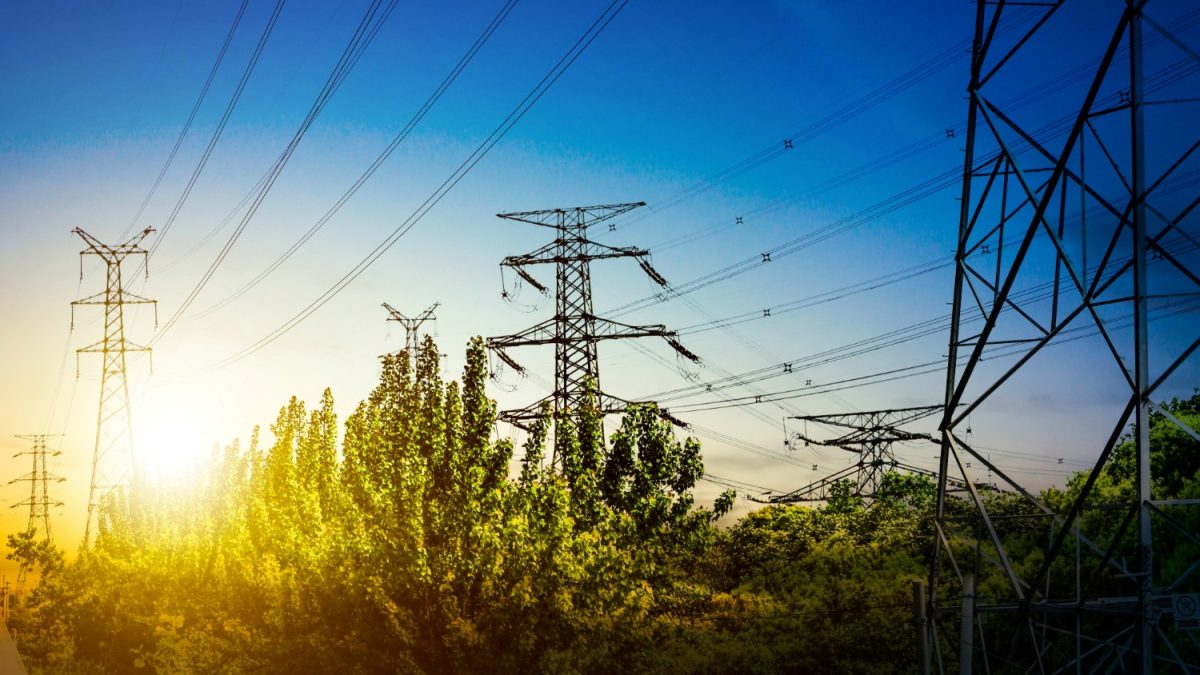Distributed Generation in Chile for global decarbonization
August 25, 2023
From the point of view of self-consumption, there is also evidence that the development of electricity supply systems with a high integration of generation and distributed storage can facilitate the electrification of transport and heating, which is crucial to achieve global decarbonization goals.
It is difficult to conceive of a perspective from which a distributed energy supply system does not exceed the technical performance of its centralized counterpart.
In a constantly evolving energy scenario, distributed systems emerge as a fundamental pillar for the reliability, resilience and sustainability of the supply. Its ability to reduce environmental impacts, minimize transportation losses, and facilitate the integration of local generation and storage can position Chile as a leader in global decarbonization.
Due to the foregoing, and considering both the current technological development of distributed energy resources and their expansion in the world, it is evident that, if we had to build electricity supply systems from scratch today, it would be unthinkable to design again a centralized electrical system based on to large generation and transmission works, and with an important planning role on the part of the State, like the one we have today. After this reflection, it is worth asking what is the role that distributed energy resources must play in the energy transition process, from a supply system with an institutional and infrastructure legacy designed for predominantly centralized development and operation. From our perspective, the first barrier to overcome to achieve efficient levels of integration of distributed resources, within the framework of the energy transition; is to adapt our regulation and markets to value and enable on equal terms: the contributions to economic efficiency, security and resilience, made by distributed and large-scale resources. For this to happen, it is urgent to implement a profound reform of the distribution segment, which recognizes the distributed energy resources as users of the distribution to allow the efficient development of the networks, and which defines rate structures that adequately reflect the cost structure of the sector. .
At the process level, it is also essential to have greater visibility of the operation and infrastructure available in distribution networks, in order to improve the management of distributed energy resources and facilitate the evaluation and installation processes of said infrastructure. Several efforts have been made in Chile to materialize the necessary changes in the last decade, including the development of detailed regulatory proposals for distribution, the development of efficient integration studies of distributed energy resources, which have shown the enormous potential of these technologies in Chile, and recent efforts to develop platforms for the expedited analysis and evaluation of specific distributed energy resource projects.
Having at this point a high degree of consensus regarding the necessary changes, the missing ingredient is the political will to promote a reform to a sector that has shown in the past to have enormous resistance to change.

